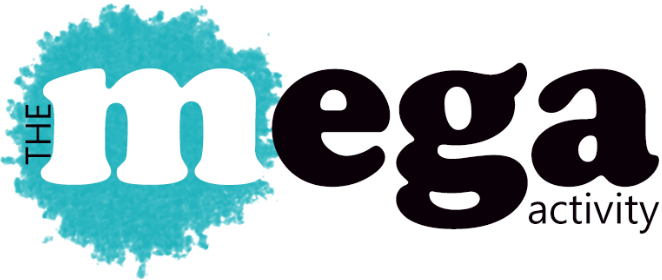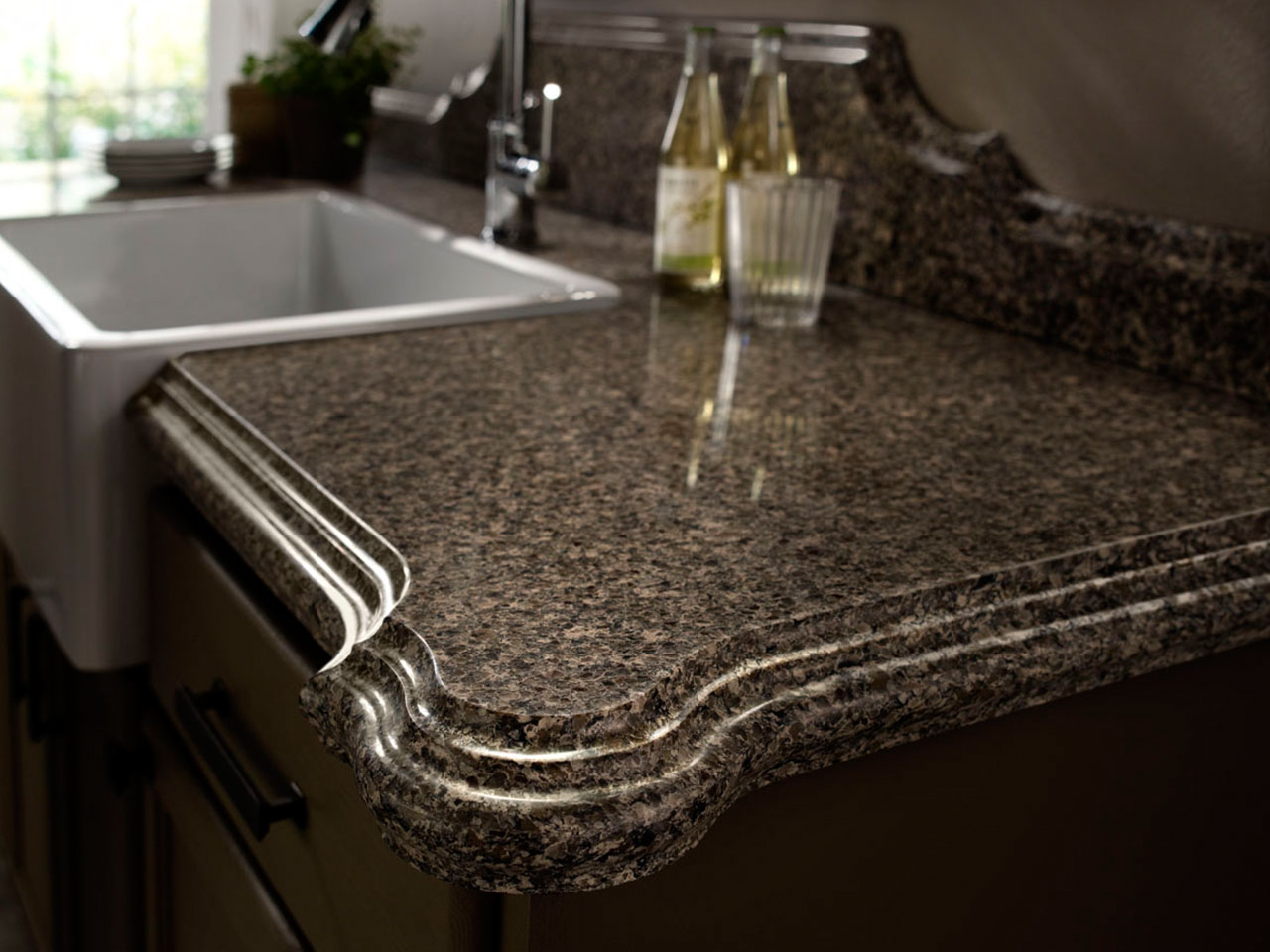Maintaining a beautiful home is a priority for many Closter residents. One of the most effective ways to enhance your home’s appearance and protect its value is through regular pressure washing. Pressure washing, also known as power washing, is a cleaning method that uses high-pressure water to remove dirt, grime, mold, and other debris from surfaces. In this guide, we’ll explore the benefits of pressure washing for homes in Closter, the types of pressure washers available, essential cleaning tools and equipment, areas of the home that can benefit from pressure washing, tips for choosing the right pressure washer, and much more.
1. Importance of Home Maintenance
Home maintenance is crucial for preserving the beauty and value of your property. Regular maintenance tasks, such as cleaning, painting, and repairs, can help prevent costly damage and ensure that your home remains in top condition. Pressure washing is an essential part of home maintenance, as it can remove built-up dirt, mold, and mildew that can damage your home’s exterior over time.
2. Benefits of Pressure Washing for Homes
Pressure washing offers several benefits for homes in Closter, including:
- Improves Curb Appeal: A clean exterior can make your home more attractive and inviting.
- Prevents Damage and Decay: Removing dirt, mold, and mildew can help prevent damage to your home’s exterior surfaces.
- Enhances Health and Safety: Pressure washing can remove allergens and contaminants that can affect indoor air quality.
- Increases Property Value: A well-maintained home is more likely to retain its value and appeal to potential buyers.
3. Understanding Pressure Washing
Pressure washing is a simple and effective way to clean your home’s exterior surfaces. It involves using a high-pressure water spray to remove dirt, grime, and other debris from surfaces such as siding, decks, driveways, and patios. Pressure washing can be done using either cold or hot water, depending on the cleaning requirements.
4. Types of Pressure Washers
There are two main types of pressure washers: cold pressure washers and hot pressure washers. Cold pressure washers use cold water to clean surfaces and are suitable for most residential cleaning tasks. Hot pressure washers use hot water, which can be more effective for removing tough stains and grease.
6. Areas of the Home That Can Benefit from Pressure Washing

Pressure washing can be used to clean a variety of surfaces around your home, including:
- Exterior Walls and Siding: Pressure washing can remove dirt, mold, and mildew from siding, making your home look fresh and clean.
- Driveways and Pathways: Pressure washing can remove oil stains, tire marks, and other stains from concrete and asphalt surfaces.
- Decks and Patios: Pressure washing can remove dirt, mold, and mildew from wood and concrete surfaces, making them safer and more attractive.
- Fences and Gates: Pressure washing can remove dirt and grime from fences and gates, restoring their appearance and prolonging their life.
- Roofs and Gutters: Pressure washing can remove moss, algae, and other debris from roofs and gutters, improving their function and appearance.
5. Pressure Washing Tools and Equipment
To effectively pressure wash your home, you’ll need the right pressure washer tools and equipment, including:
- Spray Nozzles: Different spray nozzles can be used to adjust the pressure and angle of the water spray.
- Surface Cleaners: Surface cleaners are attachments that can be used to clean large flat surfaces, such as driveways and patios, more efficiently.
- Extension Wands: Extension wands can be used to reach high or hard-to-reach areas.
- Safety Gear: Safety gear, such as goggles and gloves, should be worn to protect against injury.
7. How to Choose the Right Pressure Washer for Your Home
When choosing a pressure washer for your home, consider the following factors:
- Assessing Your Cleaning Needs: Determine the size and type of surfaces you’ll be cleaning.
- Considering the Power Source: Choose between electric and gas-powered pressure washers based on your cleaning requirements and convenience.
- Determining the PSI and GPM Requirements: PSI (pounds per square inch) and GPM (gallons per minute) are important factors to consider when choosing a pressure washer.
- Budget Considerations: Consider your budget when selecting a pressure washer, keeping in mind that higher-priced models may offer more features and higher performance.
8. DIY Pressure Washing Tips
If you’re planning to pressure wash your home yourself, consider the following tips:
- Preparing the Area: Remove any obstacles and cover delicate plants and objects.
- Using the Pressure Washer Safely: Follow the manufacturer’s instructions and wear appropriate safety gear.
- Post-Wash Clean-up and Maintenance: Clean up any mess and store the pressure washer properly to ensure its longevity.
9. Hiring a Professional Pressure Washing Service
If you’re not comfortable pressure washing your home yourself, consider hiring a professional pressure washing service. Professional pressure washers have the experience and equipment to safely and effectively clean your home’s exterior surfaces.
10. Case Studies and Before/After Examples
To illustrate the effectiveness of pressure washing, consider including case studies and before/after examples of pressure washing projects. This can help demonstrate the impact that pressure washing can have on your home’s appearance and value.
11. Environmental Considerations
When pressure washing your home, consider the environmental impact of your cleaning agents and wastewater. Use eco-friendly cleaning agents and dispose of wastewater properly to minimize harm to the environment.
Conclusion
Pressure washing is a valuable home maintenance tool that can enhance your home’s beauty and protect its value. By understanding the benefits of pressure washing, choosing the right pressure washer, and following proper cleaning techniques, you can keep your home looking its best for years to come. Whether you choose to pressure wash your home yourself or hire a professional service, the key is to regularly maintain your home’s exterior surfaces to ensure they remain clean and well-maintained.




